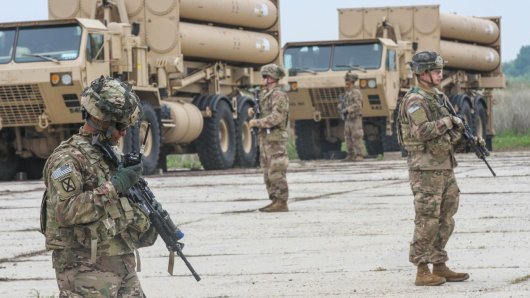The Bosnian Council of Ministers is willing to take an active part in solving the issue of border crossings with Croatia because the existing regime, based on a June agreement, does not satisfy Bosnia's needs, so better solutions should be found in negotiations with Croatia and the European Union, Council Chairman Vjekoslav Bevanda said on Thursday.
Four Bosnian ministries are unhappy with the existing agreement, he told reporters in Sarajevo.
The Bosnian Presidency officially initiated changing the agreement earlier this month with the explanation that it is necessary to agree changes that meet the needs of the economy and the population, especially in the area of the Metkovic border crossing.
Bevanda said that he personally suggested re-examining the agreement even before that, but added that many unfounded assessments were being made and that discussions by Croatian and Bosnian experts "often have nothing to do with life."
"One should not make promises which may not be kept just to score cheap political points on the local level."
He said it would be possible to use equipped border crossings for the transport of goods when conditions were met.
Croatia and Bosnia began negotiations on border crossings in 2008 and an agreement was signed in Brussels in June this year, envisaging 30 crossings for international transport, of which nine solely for passenger traffic, five rail crossings, nine for the transport of goods and passenger traffic, four for passenger traffic and the transport of fruits and vegetables, and two for the transport of goods of animal and plant origin.
The agreement also envisages a score of local border traffic crossings.
Commenting on the problems in the Bosnian-Croatian border demarcation, Bevanda said this was a job for the state border commission, the Presidency and the parliament.
He announced meetings between the Council of Ministers and the Croatian and Serbian governments for October and early November.
"We touched on this topic at meetings with both prime ministers, which is good. It's good to discuss in this capacity all matters of interests to the states," Bevanda said, adding that although the initiative was trilateral, the meetings with the Croatian and Serbian governments would be held separately.
The topics to be addressed are expected to be defined by September 15.



































